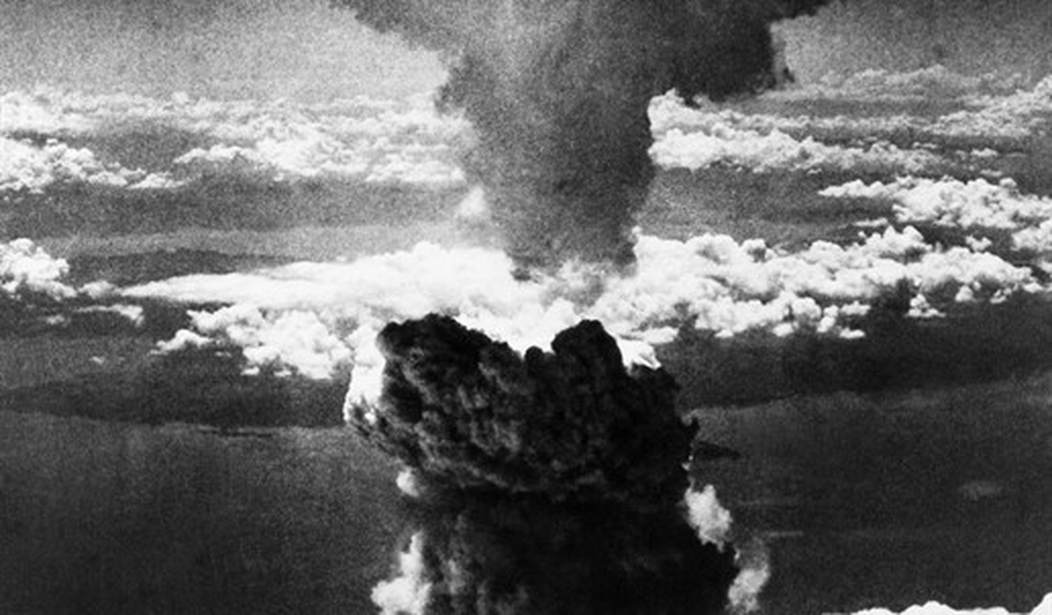The war in Ukraine is a bad thing. It seems clear that few people in the known world would argue with that painfully obvious statement aside from Vladimir Putin and a few of his stooges. But what would be even worse is a potential scenario where the conflict escalates and results in World War 3 and an exchange of nuclear weapons. In a rare moment of solidarity, this is an assessment that we can share even with the ultraliberal outlet The Atlantic. Their author, Robinson Meyer, weighed in this week with his own assessment, confirming that nuclear war is inherently a bad idea. But not just because of mushroom clouds rising above the smoldering wreckage of former cities and generations of crippling issues caused by lingering radiation. No, nuclear war would do something potentially worse. It would accelerate climate change. Nuclear war, he writes, would be even worse than… Donald Trump. And no… you really can’t make this stuff up.
But energy is not the only domain that has a direct bearing on whether we have a livable climate or not. So does foreign policy—specifically, nuclear war.
Since Russia invaded Ukraine two weeks ago, that threat has become a lot more real: Many Americans, including artists, climate-concerned progressives, and even a few lawmakers, have come out in support of a “no-fly zone.” But despite its euphemistic name, a no-fly zone means that NATO and the United States issue a credible threat that they will shoot down any enemy plane in Ukrainian territory. This would require U.S. bombing runs into Russian territory to eliminate air defenses, bringing the U.S. and Russia into open war, and it would have a reasonable chance of prompting a nuclear exchange. And it would be worse for the climate than any energy policy that Donald Trump ever proposed.
So how would a series of nuclear explosions accelerate climate change? By setting off wildfires, further releasing more carbon and leading to deforestation. On top of that, all of the “gasoline- and diesel-fueled conventional military operations” would compound matters further, since none of the planet’s armies have agreed to move to all-electric tanks and armored personnel carriers… or something.
As Fox News was quick to point out, the scoffing over this article arrived quickly and without mercy.
Fox News contributor Joe Concha said “there are no words” to describe the statement.
“Seriously,” Joe Kernen, host of CNBC’s “Squawk Box,” said in reaction to the tweet from The Atlantic.
“Frame it,” Stephen Miller, political commentator and editor for The Spectator, said. Another joked and asked what nuclear war would do for student loans.
Let’s just start with the painfully obvious observations, shall we? If there are mushroom clouds rising on the horizon and everyone is rushing toward whatever remains of the nation’s ancient system of fallout shelters, you will likely have bigger things on your mind than the Russian air force’s carbon footprint. Aside from the President and the members of Congress who will be safely secured in underground bunkers, most of the rest of the nation has no access to such shelter and will be left to slowly cook in the resulting radiation.
But the truly ironic aspect of all of this is that the underlying premise, aside from being incredibly bizarre, is probably wrong. If we’re forced to somehow attempt to take this discussion seriously, it’s certainly conceivable that a nuclear war could contribute a number of things that would mitigate the rising temperatures that the climate alarmism crowd is concerned over.
For one thing, we would be in for what’s commonly referred to as “nuclear winter.” Even the author admits this but waves it away by citing other deleterious effects of radioactive fallout. But at least the temperatures would be lower for the next decade, right? And there’s other great climate change news waiting around the corner. We all know that the real driver of climate change is all of the people in America who keep driving their cars, eating beef, and maintaining “carbon footprints” that are unacceptably large. Look on the bright side, Mr. Meyer. There will be one heck of a lot fewer people in the shattered, radioactive remnants of the United States, and most of the ones who survive won’t be driving anywhere any time soon. As a bonus, most of the cows will probably die off as the nuclear winter wipes out their food sources.
Really, when you look at it that way, at least from the perspective of The Atlantic, a spirited exchange of nuclear weapons between Russia and the west could turn out to be some of the best climate news to come along in ages. Don’t you all feel better now?








Join the conversation as a VIP Member